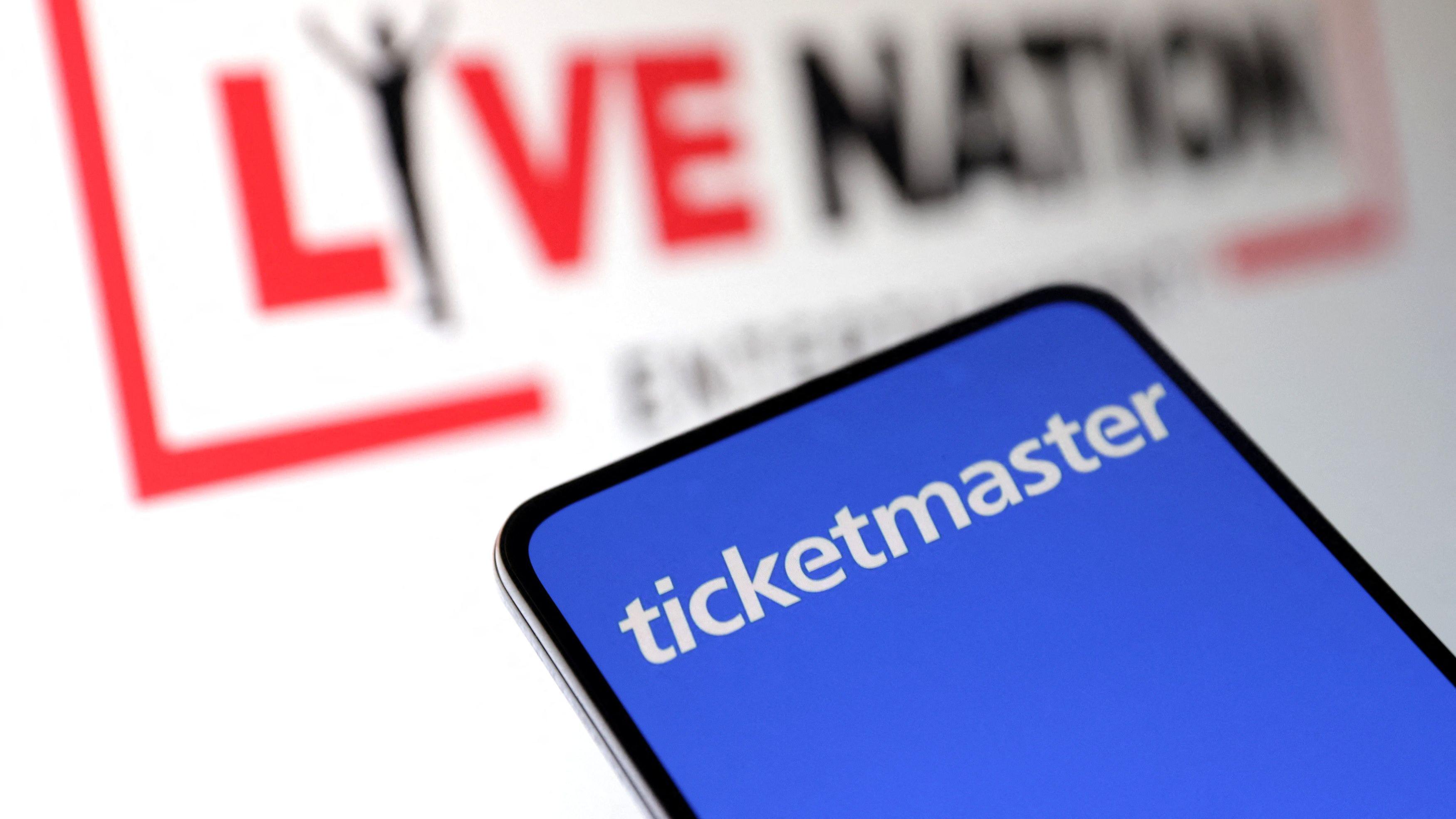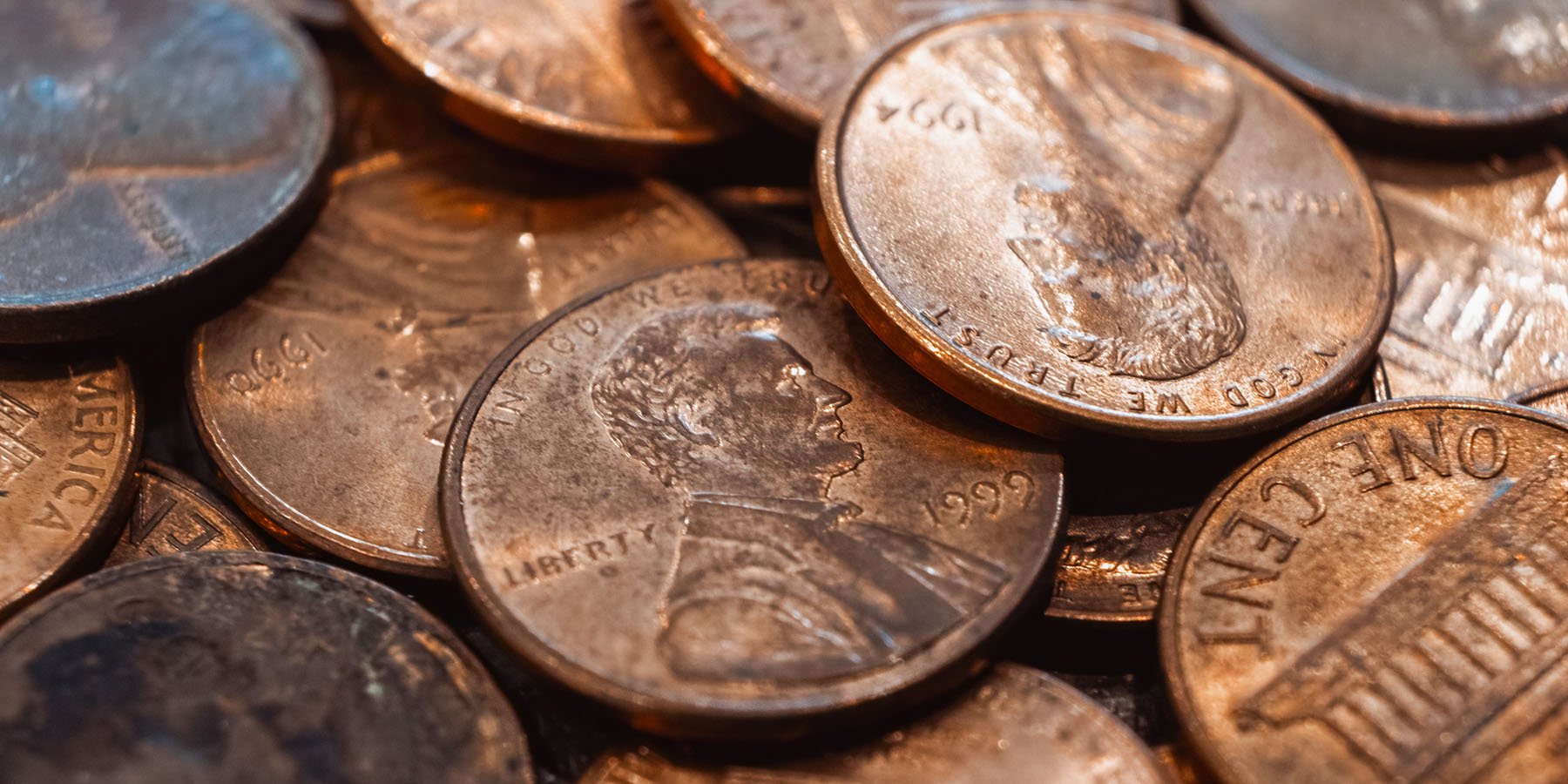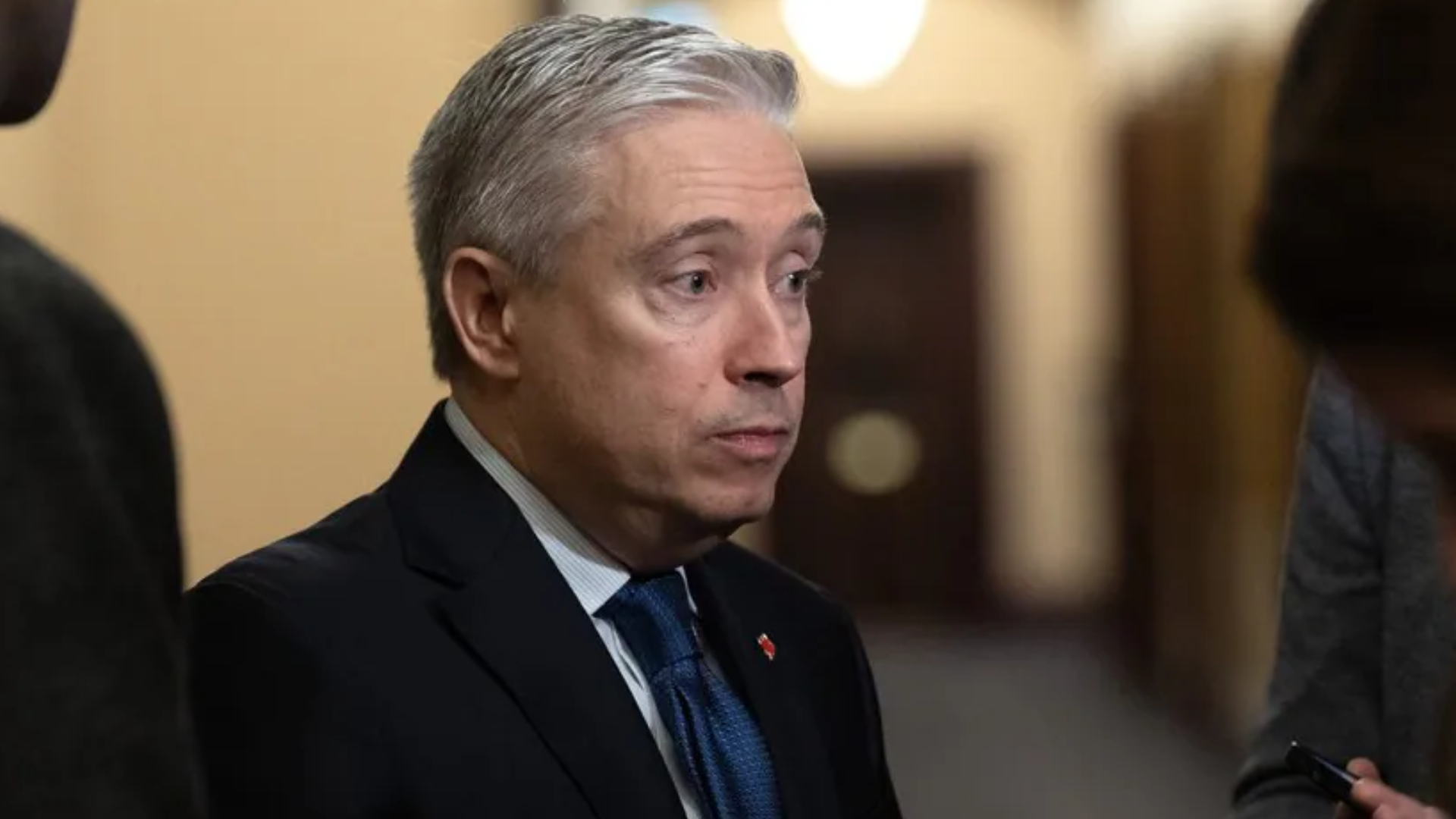The Federal Trade Commission has filed a lawsuit against Live Nation and its subsidiary Ticketmaster, alleging they have participated in illegal practices related to ticket resales. This case has sparked renewed discussion nationwide about fairness, transparency, and competition in the live entertainment sector.
El caso judicial simboliza uno de los mayores desafíos hasta la fecha para el poder que Live Nation y Ticketmaster ostentan, dos entidades que en conjunto controlan una gran parte del mercado de eventos en vivo en Estados Unidos. Durante años, tanto consumidores como competidores más pequeños han expresado su frustración debido a los altos precios de las entradas, tarifas ocultas y acceso limitado a los boletos, culpando frecuentemente a la estructura de mercado consolidada por restringir opciones. Ahora, con la intervención de la FTC, se centra la atención en los modelos de negocio que durante mucho tiempo han determinado cómo los estadounidenses adquieren acceso a conciertos, eventos deportivos y representaciones teatrales.
At the heart of the lawsuit are allegations that Live Nation and Ticketmaster facilitated practices that violated antitrust laws by creating barriers for competitors and inflating costs for consumers. Regulators argue that these companies have used their market dominance not only to control primary ticket sales but also to manipulate the secondary market, where tickets are resold, often at dramatically higher prices. By doing so, critics contend, the firms have exploited their position at the expense of both fans and artists.
An increasing record of grievances against major ticketing companies
Long before the FTC’s action, fans and musicians alike had raised concerns about the influence Live Nation and Ticketmaster wield over the entertainment landscape. The merger of the two companies in 2010 was controversial from the outset, with many warning that the consolidation of promoter and ticketing services under one corporate umbrella would stifle competition. Subsequent years seemed to validate those concerns, as complaints about rising fees and lack of alternatives became more frequent.
Significant events heightened public examination even more. When well-known musicians revealed their tour schedules, tickets would frequently disappear within moments, yet soon be available again on secondary ticketing sites at significantly higher prices. Observers claimed that the main ticket sellers either ignored the situation or gained from it, as both initial and secondary sales contributed to their income. These trends resulted in criticism that the companies favored revenue over equity, establishing a setting where supporters often couldn’t afford to attend their preferred artists’ performances.
Artists themselves have also spoken out. Several well-known musicians and industry figures criticized the structure that forces them to rely on Ticketmaster for ticket distribution, despite its reputation among fans. They argued that the system undermines their efforts to make live shows accessible and affordable, eroding trust between performers and audiences. These ongoing disputes laid the groundwork for regulatory authorities to examine whether the practices in place crossed the line from aggressive business strategy into illegal monopolistic conduct.
The FTC’s legal arguments and objectives
The FTC’s lawsuit is built on the premise that Live Nation and Ticketmaster’s behavior has limited competition, harmed consumers, and distorted the marketplace for event tickets. Central to the commission’s case is the claim that the companies leveraged their dominant position not just to facilitate primary sales but to profit from inflated resale markets. By allegedly enabling or failing to prevent unlawful resale practices, they are accused of driving up costs in ways that undermine both accessibility and transparency.
The commission’s broader goal is not only to address specific grievances but also to set a precedent for how powerful intermediaries in the digital economy should be regulated. Antitrust law in the United States has historically focused on ensuring that no single company can dominate an industry to the detriment of consumers and competitors. By pursuing action against these firms, the FTC aims to send a message to other industries where consolidation and limited consumer choice are common.
If successful, the lawsuit could result in significant penalties and possibly structural changes to the way Live Nation and Ticketmaster operate. Potential remedies might include stronger oversight of resale platforms, the imposition of stricter transparency requirements for pricing and fees, or even the forced separation of certain business units. For consumers, the outcome could shape the future of how tickets are bought and sold, potentially leading to more competitive pricing and greater accountability.
Implications for the live entertainment industry
The case against Live Nation and Ticketmaster arrives at a pivotal moment for live entertainment. Following the pandemic, demand for concerts, sports, and cultural events surged, with many fans eager to return to in-person experiences. However, the frustration over ticketing practices also grew louder, fueled by the perception that access to events had become a privilege for those able to pay inflated resale prices.
If the lawsuit prompts reforms, it could shift the dynamics of the industry in significant ways. Greater transparency in fee structures and tighter regulation of resales may improve consumer trust, while giving smaller competitors a better chance to gain market share. Independent ticketing platforms and regional promoters, often overshadowed by the reach of Live Nation and Ticketmaster, might benefit from a more level playing field.
At the same time, the companies themselves argue that their scale and integration bring benefits, including streamlined services and investments in event promotion. They contend that high resale prices are driven by demand and limited supply, not by deliberate manipulation. How these arguments hold up in court will be crucial in determining whether the lawsuit leads to lasting change or simply reinforces the current status quo.
For artists, the implications are equally significant. Musicians have long sought ways to maintain control over ticket distribution, experimenting with fan clubs, verified sales, and alternative platforms to counteract scalping. A successful challenge to the existing system could empower performers to adopt fairer models that better reflect their values and strengthen the relationship with their audiences. Conversely, if the lawsuit falters, it may discourage further attempts to confront industry giants, leaving artists with limited tools to influence the marketplace.
A comprehensive look at company influence and consumer entitlements
The FTC’s move against Live Nation and Ticketmaster is part of a wider trend of renewed focus on corporate accountability. Across sectors ranging from technology to healthcare, regulators are increasingly scrutinizing whether dominant companies abuse their power in ways that harm consumers. The outcome of this lawsuit will not only determine the future of ticketing but could also shape the government’s broader approach to antitrust enforcement in the coming years.
For consumers, the case highlights the importance of transparency and fair access in markets that touch everyday life. Whether purchasing tickets for a once-in-a-lifetime concert or attending a local sporting event, people expect a system that prioritizes fairness over exploitation. The public outcry surrounding ticketing practices has already shifted the conversation, and the FTC’s intervention represents a concrete attempt to translate those concerns into action.
As this situation progresses, it is anticipated to capture significant interest from enthusiasts, creators, lawmakers, and rivals as well. All parties have a vested interest in the results, which might either confirm the prevailing system’s supremacy or pave the way for substantial changes. Regardless of the outcome, the attention on Live Nation and Ticketmaster highlights the ongoing conversation about equity when a limited number of firms hold the keys to experiences as important as live events.
In the end, the lawsuit reflects a broader debate about how markets should function in an age of digital platforms and global corporations. At its core, the issue is not just about ticket resales but about the balance of power between consumers and the companies that shape their choices. The FTC’s challenge is a test case for whether that balance can be recalibrated in favor of fairness, or whether entrenched giants will continue to dictate the rules of the game.



